Updates
Real Preparedness: What Is Your Highest Priority? What Do You REALLY need?
I don’t know if you’ve noticed, but bad things happen. Whether it’s a global pandemic, a regional disaster like an earthquake or a war, or even a local ice storm that cuts the electricity to your cul-de-sac for a week, it seems that on any given day, there’s plenty of “apocalypse” to go around. As a result, preppers are prepping! Whether it’s a few extra cans of soup or an extra package of toilet paper “just in case”, a basement full of food storage, or even a state of the art, off-the-grid, fully-supplied bugout bunker, more and more folks are trying to do some preparing for the unexpected.
I’ve been serving folks that are trying to prepare for many years and, frankly, I’m concerned with what I see. There seems to be an idea out there that if we have enough stuff, everything will be fine. But relying only on physical stores of supplies has some serious drawbacks. What if there’s an earthquake and your bunker is gone when you get there? What if your basement full of food and medicine is flooded? What if your goodies are stolen by the bad Mutatant-Biker-Zombies?! Or, worst yet, what if the politicians (Mutant-Mayor-Zombies) get involved and pass an anti-hoarding law that says you have to give all of your goodies to them to be distributed to the community?
Well…then you’re out of resources. Now what?
So….now we’ll take our rifles and head to the woods and shoot a deer!….. Right? Well, that’s a great idea on paper. But the fact is, unless you live in the boondocks of Alaska, there will be thousands of other folks in those woods looking for that deer. Wild meat is a very limited and finite resource that will be gone almost overnight if there’s a real apocalypse.
So, what should we do?
We should focus on acquiring something that doesn’t have a shelf life, can’t be stolen, and can be carried with us no matter where we go. And what is that?
Knowledge.
Research shows that, except for brief periods during their adolescence, humans are almost never separated from their brains. That’s right, almost anywhere you go, and regardless of what your external circumstances are, you’ll likely have your brain with you. So what are you doing to prepare that resource? And, more importantly, what can that resource do for you?
Let me give you an example. Several years ago, I and a couple of other gentlemen took about thirty young men into the Idaho desert for three days. As we got out of the cars to start our journey, we gave each boy a knife, three feet of paracord, and two bottles of Gatorade (the contents of which lasted for about a minute after we handed them out). We also had a small bottle of drops we could put into the water to keep the kids from getting sick from drinking river water. That’s it…No matches, no tents, no backpacks, no sleeping bags, no food, no medicine. Just the clothes on their backs.
What if the boys got hungry? No problem.
What if they got cold or tired? No problem.
What if they got sick or injured? No problem.
And why is that? Because two of the leaders in that group were Enoch and Nathan Olsen, sons of Larry Olsen, a pioneer in the resurrection of primitive skills studies in this country. Those fellows can make a fire or a shelter or a bed or a tool or weapon so fast it’s ridiculous. They can catch a fish or find other protein sources left and right. The other leader was me; a crazy herbalist and edible plants guy that hardly saw a single plant on the trip that couldn’t be used for food or medicine. As a result, we were warm and safe and kept ourselves fed with almost no resources at all…well, except for the massively abundant resources the Good Lord provided for us everywhere we looked and a little information we’d poked into our brains on how to recognize and use those resources.
I was once digging chicory roots in a friend’s pasture. His neighbor was watching me as I worked. After a bit, he asked me what I was up to. I told him I was digging chicory for medicine and to make tasty teas. “Wow” he said, “Are there other plants around here that are good for things?” I smiled and jumped over the fence and we walked down his driveway toward his house. It was probably 100 feet long. In that 100 feet, I found 32 species of edible and medicinal plants. If you lived at the end of that driveway and knew those plants, and the apocalypse came along, you’d be in pretty good shape. The weed-infested, vacant lot down the street from your house is full of food and medicine too. Heck, I was in New York City a few weeks ago and saw lots of edible and medicinal plants…in the concrete jungle of Manhatten!
So, what’s my advice if you want a really fool-proof plan for providing for friends and loved ones when the poop hits the fan?
Get some information into your brain.
But isn’t that expensive? I don’t know, what did you pay for your last iPhone? How much did your hubby spend on his fourth hunting rifle? We all have enough money to do what we really want to do if it’s a priority. And learning how to use weeds growing all around you to feed and heal yourself and your loved ones seems like a pretty good investment and really should be a priority. Speaking of expensive, The HomeGrown Herbalist School of Botanical Medicine is currently absurdly inexpensive. Similar courses cost several thousand dollars. Frankly, you’d be crazy not to enroll right now.
But when would I find the time to learn those things?
I understand this dilemma. There are so many movies on NetFlix…and so little time to get them all watched. And everyone knows that the Lord of The Rings movies contain all kinds of wonderful nuances that are often missed the first three times we watch them. :0)
The good news is, The HomeGrown Herbalist School, in addition to the written material, also has a movie for about every lesson. The movies feature a nice herbalist who is good at teaching folks how to use medicinal and edible plants. It’s true, he’s taller than a hobbit. But he’s happy to help you learn to make medicine, second breakfast, and elevensies from plants in your yard. So that’s good, right? :0). Also, You’ll have lifetime access to the material and no time constraints of any kind. So, you can proceed as life allows. Life’s a journey, not a race.
We also have some good herb books that’d be good to have on hand. Have a look. Doc’s Books
And of course, we have lots of herb kits and tinctures (some of which are on sale right now) that are handy to have on the shelf in your happy-prepper-bugout bunker….or just in your pantry.
I’d love to join you on your herbal learning journey. Don’t underestimate the enormous blessing you could be to yourself and others with just a little knowledge about how to use God’s green gifts to feed and heal. Apocalypse or no apocalypse, It’ll come in really handy more often than you think.
– Doc Jones
|
||||||||||||
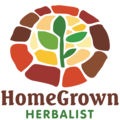

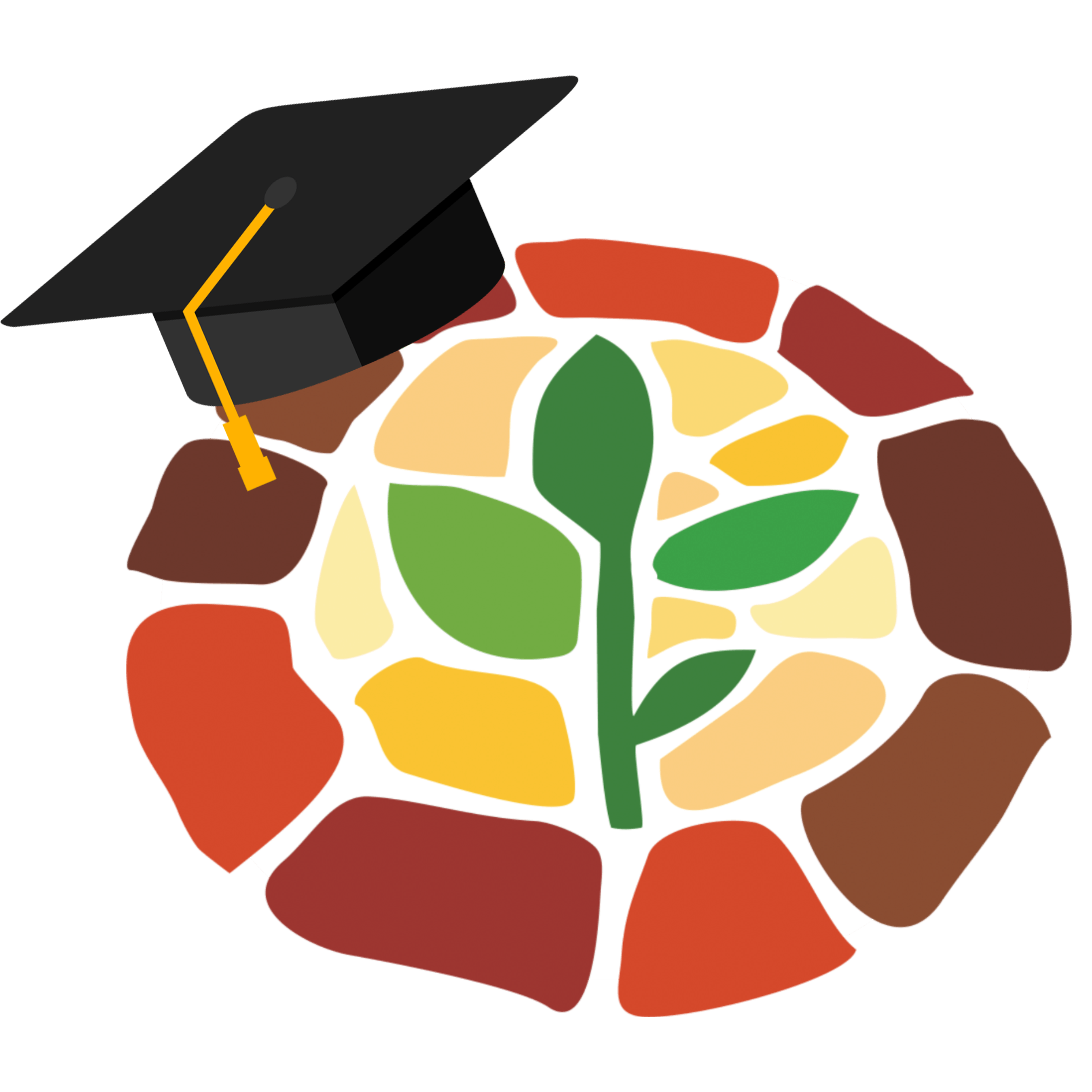
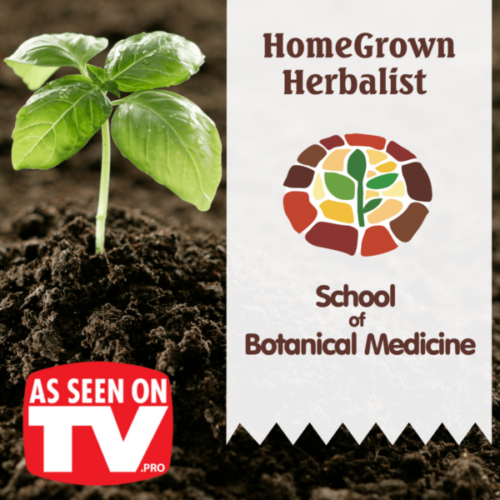
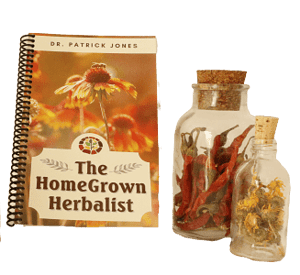
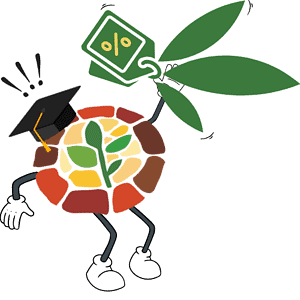
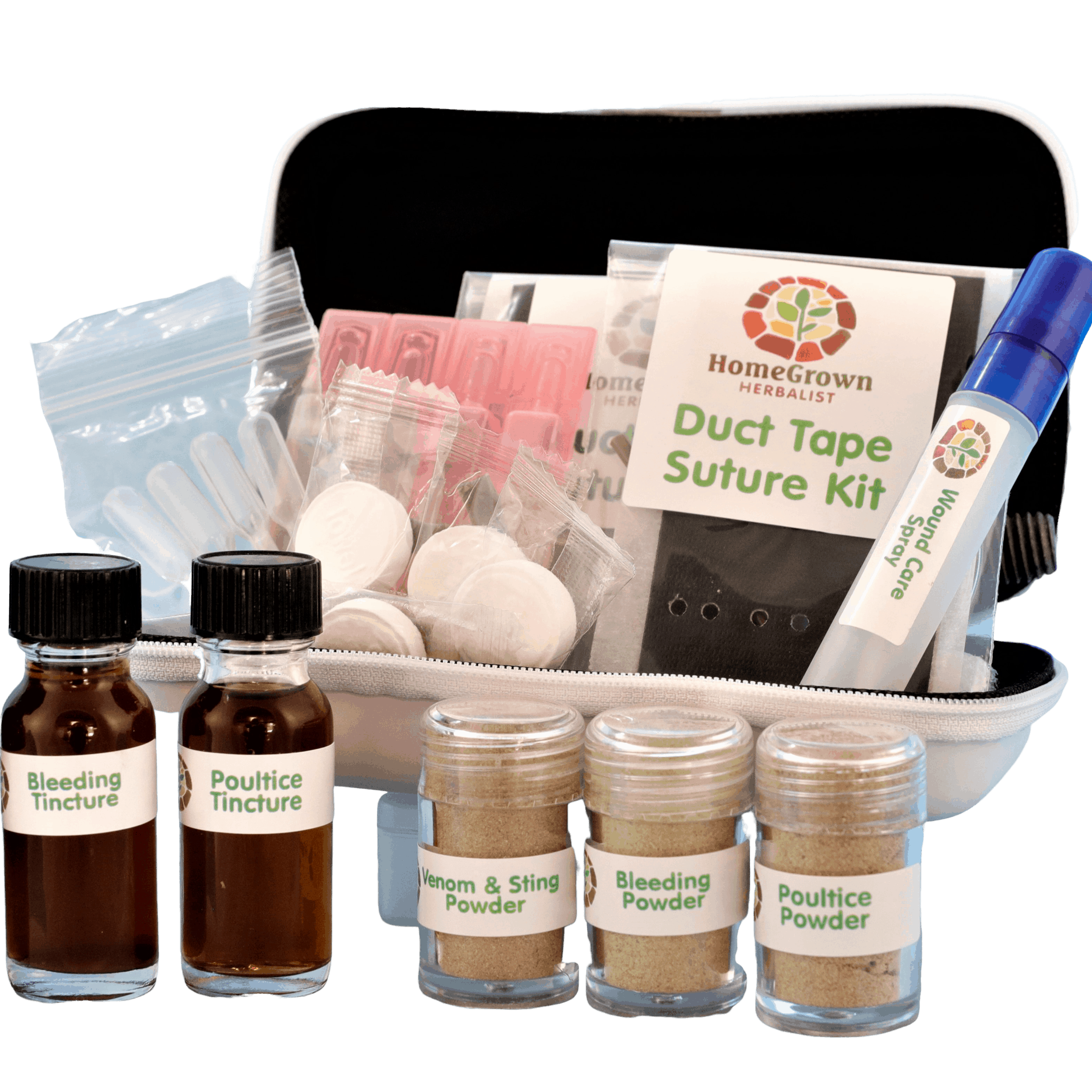
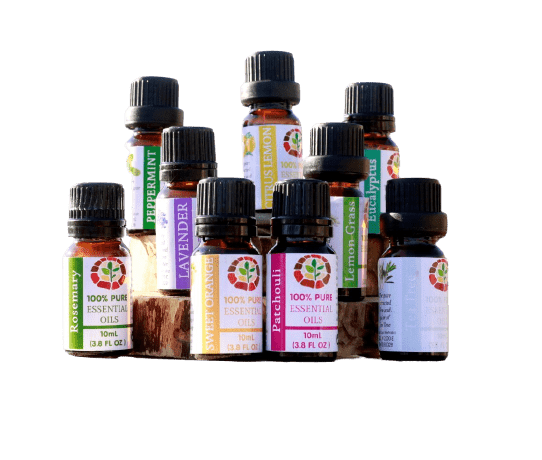
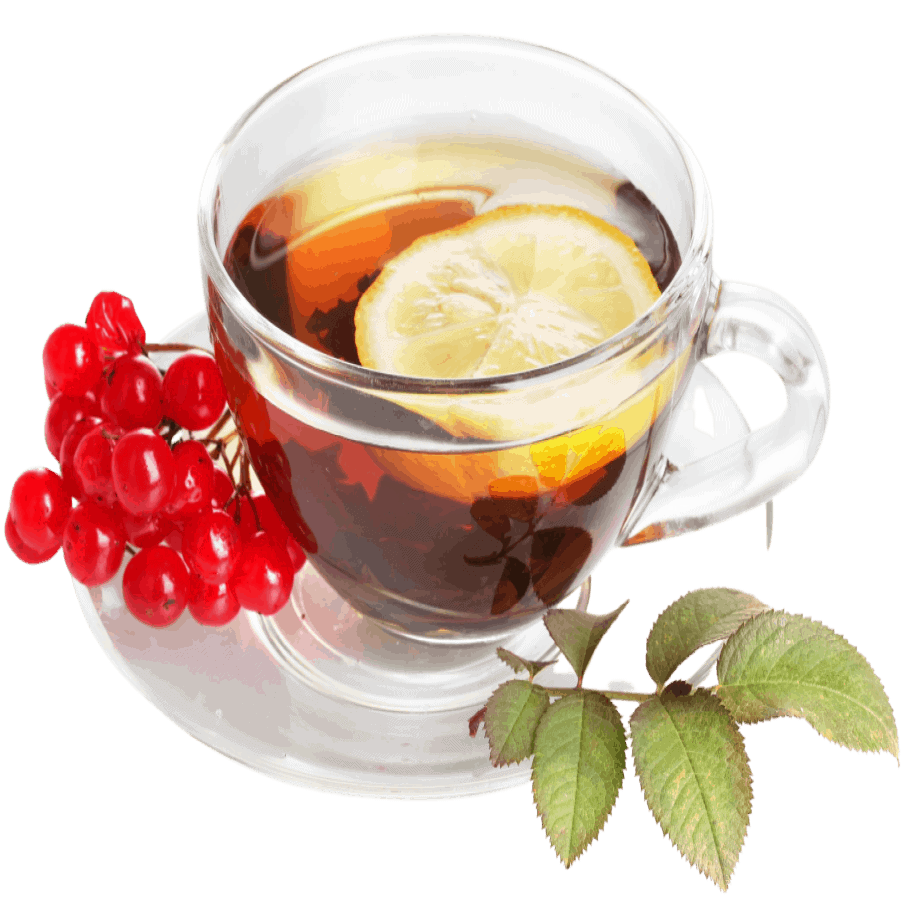
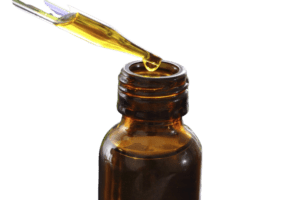
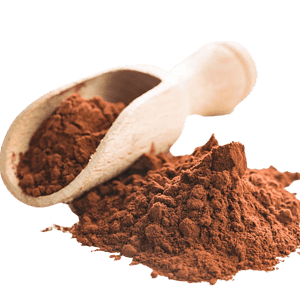
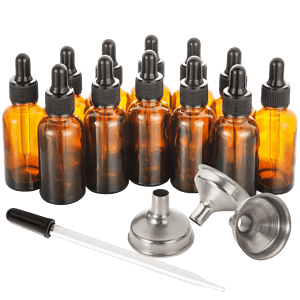
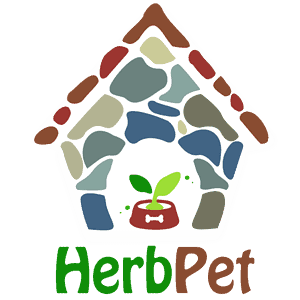
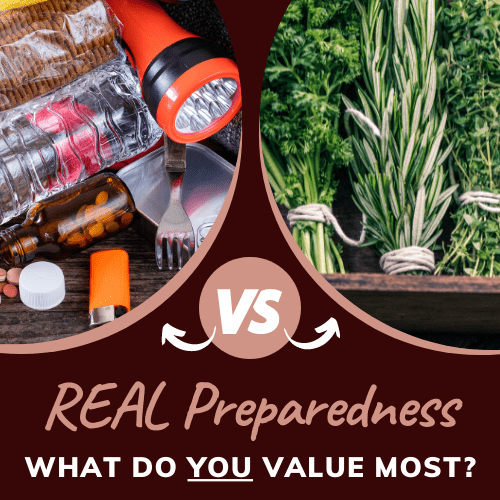

You are so right! More than 20 years ago, when my youngest daughter was about 5, I got a book on local plants that are edible so that I could teach her. I thought, if she ever finds herself lost in the woods, it could save her life to know what wild growing things she can eat. We do live in the boondocks of interior Alaska by the way, and there are no deer here. They live in warmer places. We have moose, caribou, and muskox. And we Love everything that you write and record for us.
So glad you’re poking some good information into your daughter’s mind.
Santa calls caribou Reindeer, so they can still count as deer. :0)
Really enjoying the school. Just have to balance it with all the Net Flix as you so aptly noted but we are learning. Did discover that we do actually have some Dandelion’s growing in our yard. So excited! It’s a space that really never supported anything so now it will be our Dandelion and Plantation plot. Started clearing ground for spring planting. Really excited! Later…Pops
We’re really glad to have you aboard John.
And, if anyone failed to notice, Being a student in the HomeGrown Herbalist School can actually make you excited about dandelions growing in your yard. Even Harvard & Princeton can’t do that! :0)
Oh YES! I actually gave a friend of mine dandelion seeds to plant in her new garden when she moved… 😉 It was one of her best housewarming gifts for sure. ^^
Doc, you definitely have more than a few gifts… Your way of making even your commercials so much fun that I read them out loud to my husband, is priceless. 😉
So glad I’m already enrolled in the school. 🙂 People, seriously, do it. It’s worth every penny. Anyway, who would want to look at Bilbo Baggins, if he could watch mister Jones? 🙂
Thanks Ester. Maybe someday I can get to Holland and we can do an herb walk in your backyard with those cute kids. :0)
That´d be SO much fun! 😀
I live in a very rural area. Most people that own land out here actually live in cities elsewhere. They come to hunt, but there are more hunters than deer. I don’t hunt. I know that I can eat the Texas wild persimmons out here, but they only come every other year. I know mesquite flowers make a good tea and beans can be pounded into flour. Even the creosote is good medicinally, but I haven’t found anyone who knows what to do in this area when it comes to the native plants in our area. i would love to know how to make a air well. Water is not easily come by out here. Our well is over 700 feet deep and if the solor pump goes, then no water.
Michael Moore wrote a really good book called Medicinal Plants of the Desert and Canyon West that probably has lots of your critters in it.
I have been going to Doc Jones herbalist school for a number of years and it has been worth every penny! There is so much to learn and review and review and review. I need a lot of repeatas to get it into by brain. Not only that the Doc is so cleaver that it makes learning and retaining helpful and sOoooooooooooooooo much fun. Thanks so much Doc!!!
I have been going to Doc. Jones herbalist school for a number of years and it has been worth every penny! There is so much to learn and review and review and review. I need a lot of repeatas to get it all into by brain. Not only that, the Doc is so cleaver that it makes learning and retaining helpful and SOoooooooooooooooo much fun. Thanks so much Doc!!
Glad you’re enjoying it Saundra. You’re a treasure. :0)
I agree about the importance of ‘poking stuff into our brain’. Since I began studying herbal medicine (and especially since entering the HGH school), I’ve made a fun habit of pointing out herbs that could be useful, wherever we are. We were vacationing at a beach one summer and my daughters and I took a walk on a boardwalk. The city had planted tons of ornamental flowers and shrubs in groupings all along the path. While these were most likey sprayed and fertilized with who knows what and were planted where they wouldn’t be the cleanest things around, it still gave me the opportunity to point and share info about the use of the flowers and herbs. We saw lots of varieties of echinacea, juniper, and many other plants and I shared with my daughters how they could be useful as medicine.
Our family “preps” food, water filtration, and other basics and we live a homesteading lifestyle as well, but there could come a time when those things are not available to us and we need the knowledge in our brains to thrive in what might be a very limited or remote environment.
Good work Michele. I’m glad you’re sharing with the kids. That’s super important. :0)